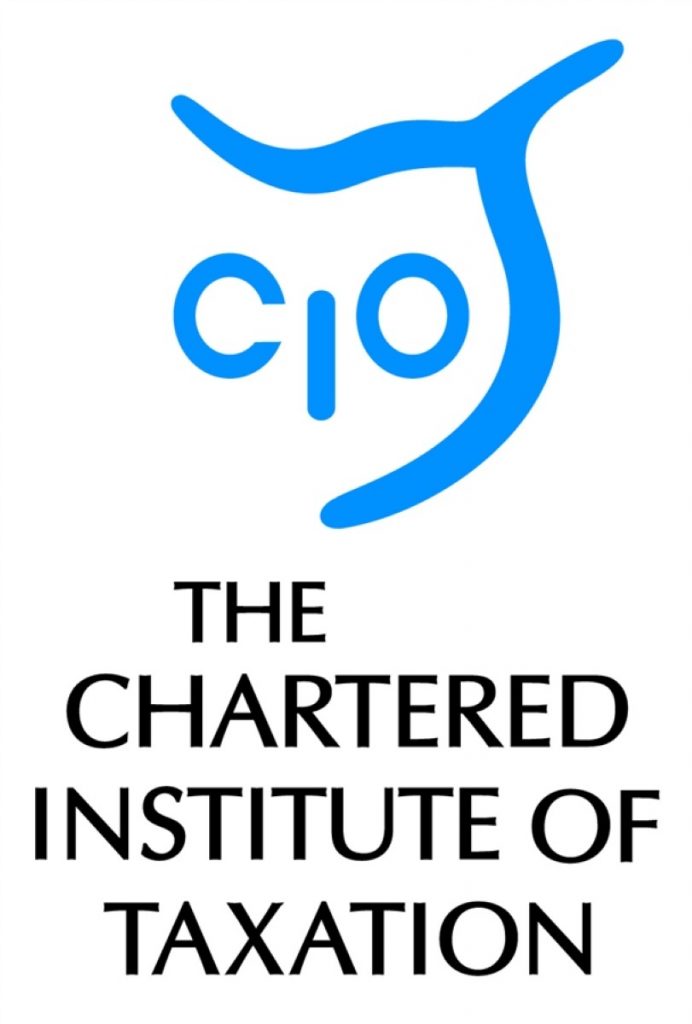Low Incomes Tax Reform Group: Tax campaigners welcome decision to reverse tax credit cuts but urge HMRC to do more to communicate other changes
The Low Incomes Tax Reform Group (LITRG) has welcomed the Chancellor’s announcement in today’s Autumn Statement that the Government will not go ahead with the changes to the tax credit taper rate and thresholds from April 2016. However, other tax credit changes will go ahead and these need to be fully communicated to claimants well ahead of their introduction.
Anthony Thomas, LITRG Chairman, explained:
“In his Summer Budget, the Chancellor announced that the working tax credit threshold would be reduced from £6,420 down to £3,850 from April 2016 and the child tax credit threshold reduced from £16,105 to £12,125. Above these levels, tax credits start to reduce by the set taper rate. This rate is currently 41% but was due to rise to 48% from April 2016. Both changes have now been reversed so that the taper and thresholds will remain at their 2015/16 levels from April 2016.
“However, other previously announced changes to tax credits will go ahead. These include:
- From April 2016, tax credit claimants who are repaying overpayments and have household income of £20,000 or more will have their recovery rate increased from 25% to 50% of their award.
- The income disregard[1] for rises in income will decrease from £5,000 to £2,500.
- All elements of tax credits (except the disability elements) will be frozen from April 2016.[2]
- From April 2017, anyone who has a third child on or after 6 April 2017 will not receive the child element of child tax credit for that child.
- From April 2017, the family element will be removed. Only those who have a child on the claim born before 6 April 2017 will continue to qualify for the family element.”
Anthony added:
‘We most certainly welcome the Chancellor’s announcement that he will not proceed with his former plans to change the taper and thresholds in tax credits. These changes would have left millions of families significantly worse off from April 2016 as our briefings to MP’s showed.”
“However, we remain concerned that some changes will be made to tax credits and that these will need to be fully explained and communicated to claimants well ahead of their planned implementation date. We are particularly concerned about the increase in overpayment recovery rate and the impact this will have on those with disabilities and those who pay childcare costs. We strongly urge HMRC to ensure adequate hardship provisions are in place and that they communicate with tax credit claimants who will be affected as soon as possible.”
Notes to Editors
- The income disregard is the amount by which a claimant’s income can increase during a tax year without their tax credits award being affected. The new disregard from next April, £2,500, is the same as the original amount when tax credits were introduced in 2003/04. The volume of income-related overpayments which that gave rise to was so high that the then Government increased it substantially from April 2006.
- In practical terms, the disability elements will also remain at their 2015/16 level because they are up-rated by prices each year and this year that is a negative figure.
- Low Incomes Tax Reform Group
The Low Incomes Tax Reform Group (LITRG) is an initiative of the Chartered Institute of Taxation (CIOT) to give a voice to the unrepresented. Since 1998 LITRG has been working to improve the policy and processes of the tax, tax credits and associated welfare systems for the benefit of those on low incomes.
The CIOT is the leading professional body in the United Kingdom concerned solely with taxation. The CIOT is an educational charity, promoting education and study of the administration and practice of taxation. One of our key aims is to work for a better, more efficient, tax system for all affected by it – taxpayers, their advisers and the authorities. The CIOT’s work covers all aspects of taxation, including direct and indirect taxes and duties. The CIOT’s 17,500 members have the practising title of ‘Chartered Tax Adviser’ and the designatory letters ‘CTA’, to represent the leading tax qualification.





-01.png)